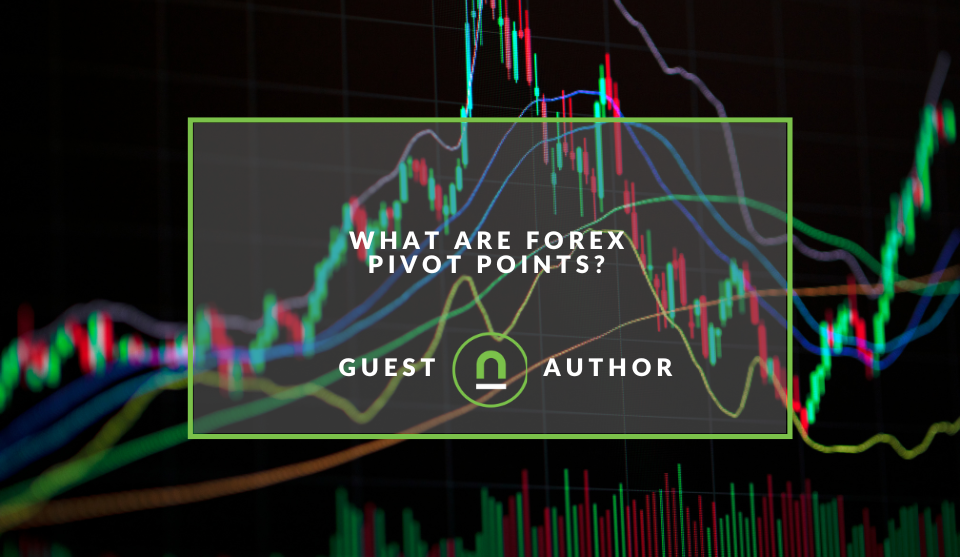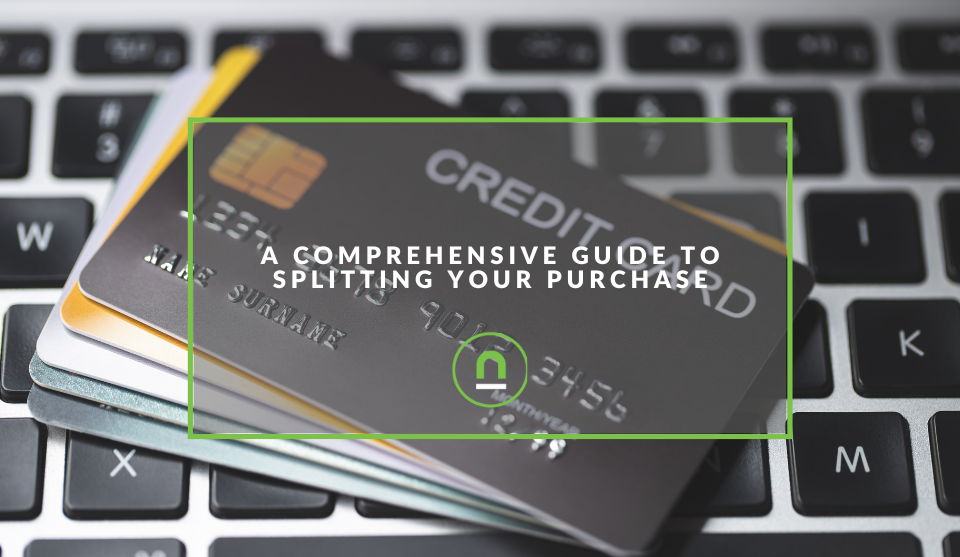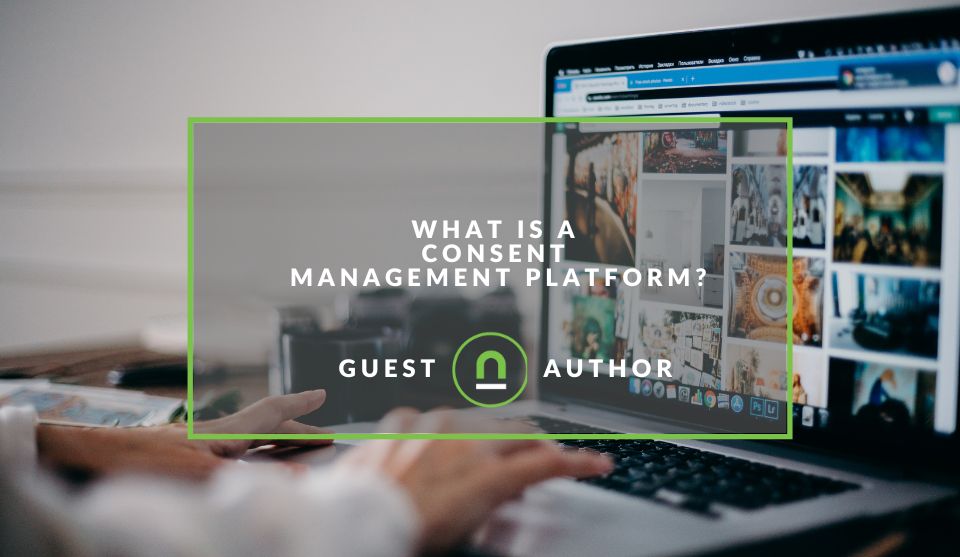Recent posts
nichemarket Advice
How To Track HubSpot Forms Using GTM
03 July 2024

Money Talks
What Are Forex Pivot Points?
02 July 2024

Industry Experts
SEO Trends for B2B SaaS in 2024
01 July 2024

Money Talks
A Comprehensive Guide to Splitting Your Purchase
29 June 2024
Popular posts
Extravaganza
Trending Music Hashtags To Get Your Posts Noticed
24 August 2018
Geek Chic
How To Fix iPhone/iPad Only Charging In Certain Positions
05 July 2020
Extravaganza
Trending Wedding Hashtags To Get Your Posts Noticed
18 September 2018
Money Talks
How To Find Coupons & Vouchers Online In South Africa
28 March 2019
What Is A Consent Management Platform?
01 June 2022 | 0 comments | Posted by Nick Bell in Industry Experts
You must have seen a pop-up about cookies when you visit a site. The website management asks you for your consent in collecting certain parts of your data. This is a part of consent management. This process includes notifying visitors about collecting data from their online movements on the site. Now the process of managing this collected data is called consent management.
However, this is a straightforward and primitive explanation of consent management.
So the question arises what a consent management platform is? Especially if you are worried about your privacy on the internet, you should know the basics of consent management. On the other hand, if you manage or own a website, you should also know about CMP.
This will help ensure your visitors' data is safe with you. Also, it helps in enabling the fulfilment of all privacy laws globally. This blog will understand consent management platforms and their other components.
What is a consent management platform?
CMP or Consent Management Platform is an instrument to monitor visitors' consent on a website. The main aim of CMP is to monitor how certain information regarding the visitor is managed after collection. For example, a website uses cookies to collect its user data. When a user goes to a website, he often encounters a cookie banner.
This banner contains the terms and conditions of collecting cookie data about the user. For example, if the user agrees to share his data, then the cookies work to observe and record the visitor's movement. CMP also makes collecting and managing data more clarified and transparent for the businesses and the users.
As the website of a company or business can be opened anywhere from Google with an internet connection, the cookies need to follow a few international laws. The cookies and consent management platform align their structure and work per the global privacy norms. Some of such privacy laws which are applicable on a global level are;
- GDPR which stands for General Data Protection Regulation [EU]
- CCPA which stands for California Consumer Privacy Act
- LGPD which stands for Brazilian Lei Geral de Proteção de Dados
- PIPEDA which stands for Personal Information Protection and Electronic Documents Act of Canada
- POPI which stands for Protection of Personal Information Act
These four are only the most crucial ones. Several other laws must be followed to protect the internet surfing experience for the user.
When to ask for consent from a user?
Now, the international laws also decipher a few situations where businesses can ask for permission from the user to collect their data. These particular cases, as per GDPR, are;
- Suppose the user consented to the website to collect his data. However, consent should be given freely, transparently, and with easy to reverse options. The user should not be forced or given only one compulsory consent option while taking the permission.
- Businesses can use data if it is required to add or create a contract.
- Then, there is a situation where the user is expected to prefer to share his data with the company for specific reasons. This will be considered a legitimate interest, and the business can take user data.
- Then, we have the case of vital interest. In such a scenario, the data is required to save a person's life. For instance, a person's medical record for providing adequate medical care.
- Next, the businesses also need to collect user data as a legal requirement. In such a case, the business might need to collect data like employment, security-related data, transaction law, etc.
- The last case is the collection of data on public interest. In this case, the businesses collect data on behalf of the government for opportunities for public welfare.
Process of consent management platform working
Now, let's try to understand the process of the consent management platform. The consent management platform covers the complete process of getting consent, collecting data, and managing it. The process starts with the representation of a cookie banner for the visitor. This banner asks for the collection and usage of the user data.
It explains all the terms and conditions regarding collection and usage. This provides a transparent approach for the whole consent management process. As per its convenience and purpose, the business can change the type of information they want to gather.
The next step is the application of the CMP tracker.
Once the visitor gives his consent, the CMP tracker begins the process. Here, the clicks, time spent on the page, etc., information of the user is collected. If the user denies the consent, then the CMP trackers get disabled.
The last step is where the collected data is stored on the platform with the alignment of proof of compliance. Finally, the complete user observation is done and stored in an online database. Several tools allow a website owner to enable a cookie consent banner. The process of CMP can be easily outsourced from CMP service providers.
Requirement for CMP
When a website collects the data of its users, then as per laws, proper management of the data is also obligatory. The business needs to handle the data efficiently and securely to avoid any practice of breach.
Also, the CMP helps in managing the statistics of the website users and visitors. This offers the chance for more valuable insight into the marketing policy of a website.
For instance, enabling Google Analytics on your website will require a proper management system for the collected data. Otherwise, your website won't be able to run correctly.
Conclusion
The consent management platform helps with data collection and handling of a website. It benefits businesses by managing their collected data efficiently. On the other hand, it helps businesses follow the international guidelines for appropriately managing consent and user data.
Today, when every other website uses cookies to garner user information, consent management platforms become crucial.
Tell us your story
Would you like to write for nichemarket just like Nick has? Find out how to submit a guest post and when you're ready, you can contact us.
Are you looking to promote your business?
South African businesses can create your free business listing on nichemarket. The more information you provide about your business, the easier it will be for your customers to find you online.
Registering with nichemarket is easy; all you will need to do is head over to our sign up form and follow the instructions. If you require a more detailed guide on how to create your profile or your listing, then we highly recommend you check out the following articles.
Recommended reading
If you enjoyed this post and have time to spare why not check out these related posts and dive deeper down the rabbit hole that is customer relationship management.
- 5 Reasons CRM Is The Key To The Most Effective Digital Strategy
- 5 Benefits Of Using CRM For Your Business
- 10 Free Marketing Automation Tools For Small Businesses
- AdWords and Salesforce can now join forces
- Tips For Subscription Based Sites
Tags: Website, Data Mining, Guest Post
You might also like
SEO Trends for B2B SaaS in 2024
01 July 2024
Posted by Kay Velik in Industry Experts
A detailed guide to the trends in B2B SAAS marketing and how SEO plays a vital role in getting your software into the hands and eyes of your ideal cu...
Read moreWhat Are Forex Pivot Points?
02 July 2024
Posted by Edward Fourie in Money Talks
Forex pivot points are a popular tool with traders, offering a relatively simple way to identify potential support and resistance zones as part of te...
Read more{{comment.sUserName}}
{{comment.iDayLastEdit}} day ago
{{comment.iDayLastEdit}} days ago
 {{blogcategory.sCategoryName}}
{{blogcategory.sCategoryName}}
